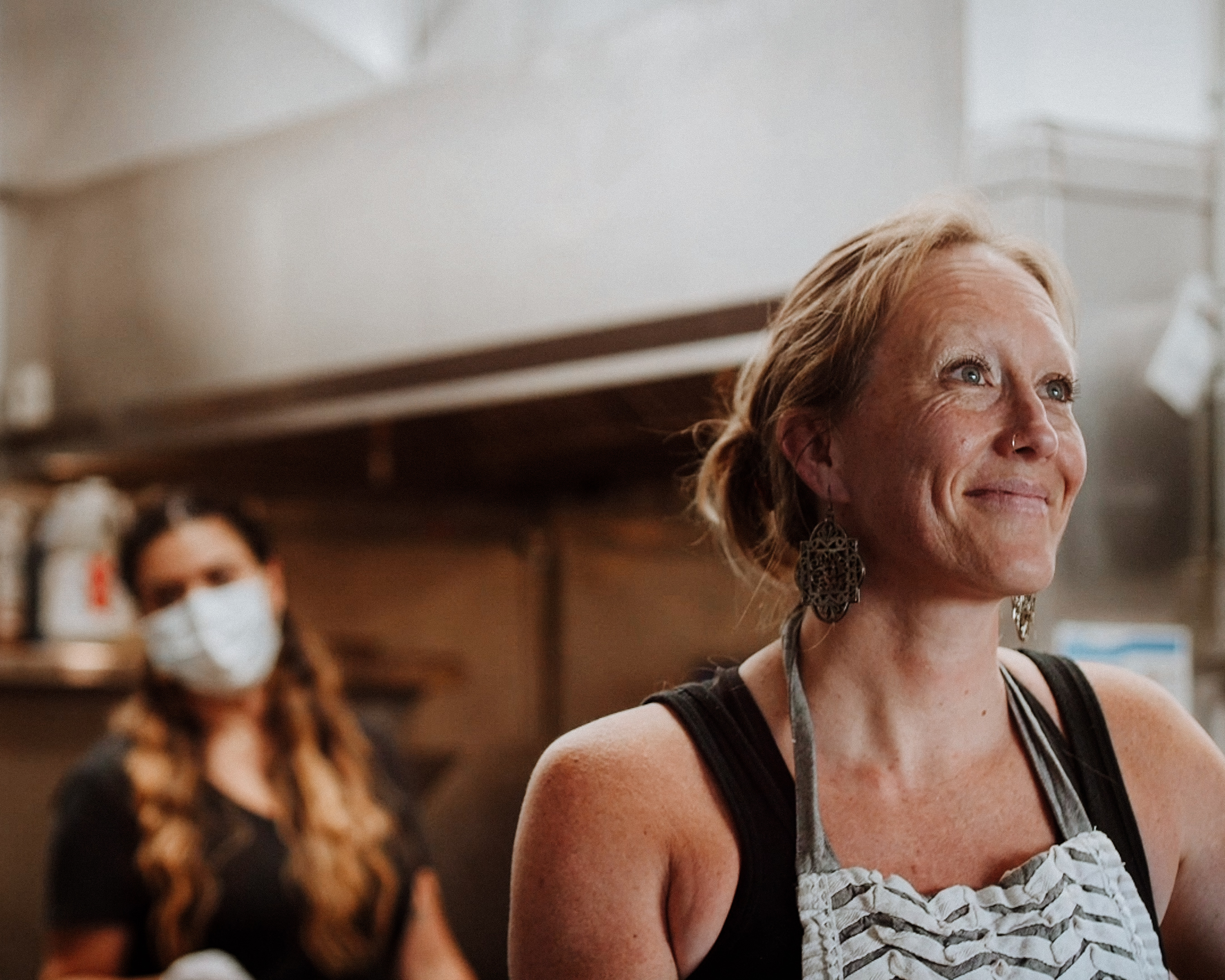Sprouting, Fermenting, and Soaking
Welcome to Wylder Space's comprehensive guide to sprouting, fermenting, and soaking! These ancestral techniques have stood the test of time, offering incredible benefits for health and flavor while connecting us with traditional wisdom. Below, you’ll find an in-depth overview, step-by-step guides, solutions to common challenges, and curated resources to help you succeed.

Overview
Sprouting, fermenting, and soaking are traditional food preparation methods that unlock nutrients, improve digestibility, and reduce anti-nutrients such as phytic acid. These practices enhance the bioavailability of essential vitamins and minerals while introducing beneficial probiotics to your diet. They are simple yet transformative techniques that can elevate your cooking and health.
Benefits
- Sprouting: Activates enzymes, increases vitamin C and B levels, and makes grains, legumes, and seeds easier to digest.
- Fermenting: Introduces probiotics, supports gut health, and enhances flavors naturally.
- Soaking: Reduces phytic acid, making nutrients more absorbable, and softens foods for easier preparation.
Step-by-Step Guide
Sprouting
1. Rinse grains, legumes, or seeds thoroughly.
2. Soak for 6-12 hours in filtered water.
3. Drain and rinse daily, keeping in a cool, dark place.
4. Harvest when sprouts are ¼ to ½ inch long.
Fermenting
1. Prepare your ingredients (e.g., vegetables or tea for kombucha).
2. Add salt or a starter culture.
3. Submerge in brine or liquid to prevent mold.
4. Ferment in a dark, room-temperature location for several days to weeks.
Soaking
1. Combine grains, seeds, or nuts with filtered water and an acidic medium (lemon juice or vinegar).
2. Let soak for 8-24 hours.
3. Rinse thoroughly before cooking or eating.
Common Challenges and How to Overcome Them
Mold Formation: Ensure proper drainage during sprouting and keep ingredients submerged during fermentation. Use sterilized equipment.
Inconsistent Fermentation: Maintain a steady temperature between 65-75°F and avoid direct sunlight.
Bitter Sprouts: Harvest sprouts early when they’re ¼ to ½ inch long for optimal taste.

 Watch and Learn
Watch and Learn Recipes
Recipes